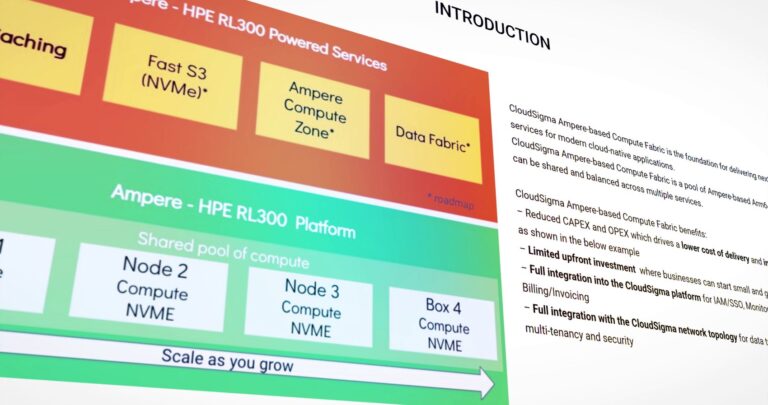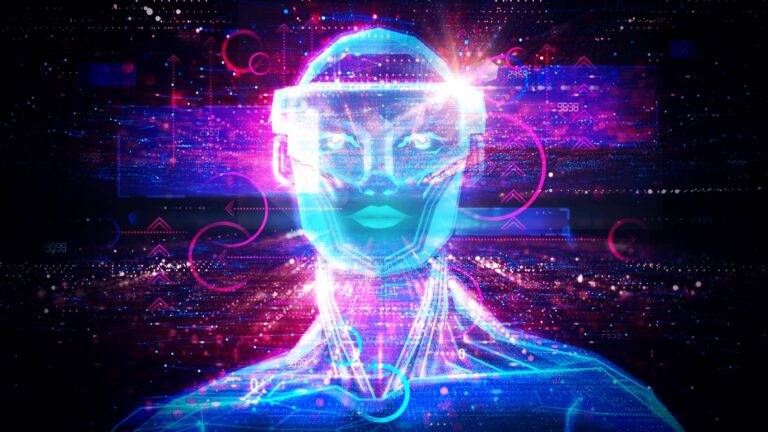Take a moment to try and think of everything that needed to happen so that you can read this article.
The first thing that comes to mind might well be the direct human work involved: my writing, the publication’s editorial oversight, people to format it for the website and decide when new pieces get published each day, alongside needs like making sure that advertising is in place to meet the website’s financial needs, running its social media presence, and other back-end work.
After that, you might think of the infrastructure that needs to be operational in order to enable all of these people to do their jobs. The servers sending these words to your device need to be operating and accessible; the global networking machinery of the internet needs to be in good working order; all of that information technology needs to be supplied with power, just as my device needs electricity so that I can keep typing, and so on.
Once you have contextualized the immediate jobs of putting an article online in terms of all the systems that make those jobs possible, the list of prerequisites needed for the simple act of reading an article could expand rapidly and seemingly limitlessly. Every system needs its own design and management processes, the infrastructure needs further inputs like water, electricity, or physical and cyber security, and the endless people involved in making all of that a reality can only do so if their own needs – food, accommodation, education – are met.
Our Overlooked Standards Infrastructure
In the vast landscape of technological systems and infrastructure, it is easy to overlook the critical role that standards play in ensuring seamless compatibility and communication. Just as individuals rely on systems and infrastructure to accomplish their tasks, these systems, in turn, depend on standards to facilitate their harmonious functioning.
A simple yet profound example illustrates this need for standards. Consider the significance of ensuring that the binary impulses encoding the letters of these words hold the same meaning on both your device and the server transmitting them. Today, this requirement is typically addressed by adhering to the Unicode® Standard. This extensive standard encompasses an impressive collection of nearly 150,000 distinct characters, enabling the communication of almost every modern or historical language, along with symbols (for example, emoji symbols) between any two computers worldwide.
The emergence of the Unicode Standard did not occur in isolation. It represents the culmination of significant efforts to consolidate numerous previous endeavors aimed at establishing a universal system for text encoding. Notable precursors include the well-known ASCII™ Standard, which originated in 1961, as well as the Baudot code, developed in the 1870s for telegraph networks.
A similar story could be told about almost every facet of our technological lives – not just IT, but everything in our supply chains and built environments rests on a bedrock of standards. And, when standards do not meet the needs of their users, the repercussions can span from inefficiency and compromised safety to complete functional breakdown.
Making Standards Useful
This raises a question: what qualities does a standard need to hold in order to meet its users’ needs? That’s a complex question, but there are some non-negotiable ingredients in the answer.
For one, a standard needs to evolve and adapt over time. Even for very long-lived pieces of infrastructure, like railway tracks, the context in which a standard operates never stays static, and new applications need to be accounted for even as the standard is made more helpful to and usable by the people who consult it. This means that standards need ongoing management, discussion, and development by dedicated professionals.
For another, a standard needs to be as universally accessible as possible. Having a set of guidelines about the features and capabilities to which a particular type of operating system should conform, or how a common aspect of business management should be recorded and reported, does not inherently generate value for businesses and societies. What generates value is organizations actually using those guidelines and, therefore, being able to interact, communicate, and collaborate. This means that standards need to be published and translated, and training needs to be made available.
The need for an operating structure to establish these qualities is why The Open Group exists. By bringing together stakeholders from industry, academia, and other areas in managed work groups and forums, The Open Group ensures a future for a wide variety of open standards, from the Single UNIX® Specification, the TOGAF® Standard, to emerging work on process automation and sustainability.
Something as straightforward as reading an article online or something as significant as making food safely and widely available relies on any number of hidden, standards-driven interactions in order to be possible. As society progresses towards a more digitally connected world, the significance of standards as a framework for managing and harmonizing complex systems becomes increasingly pronounced.
So, as you go on with your day, do spare a thought for the myriad moments of interoperability, communication, and standardization making it possible – and consider exploring how you might contribute to or use those standards as we build a more connected world.
About the Author
Andrew Josey is Fellow and VP Standards & Certification overseeing all certification and testing programs of The Open Group. He also manages the standards process for The Open Group.
Since joining the company in 1996, Andrew has been closely involved with the standards development, certification and testing activities of The Open Group. He has led many standards development projects including specification and certification development for the ArchiMate®, TOGAF®, POSIX® and UNIX® programs. He is a member of the IEEE, USENIX, and the Association of Enterprise Architects (AEA). He holds an MSc in Computer Science from University College London.
Featured image: ©assistant


